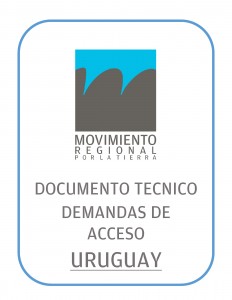Turkmenistan : An Assessment of Leasehold-based Farm Restructuring
Turkmenistan's unique approach to
land reform and farm restructuring has produced a
significant shift to individual or household-based farming,
with more than three-quarters of the arable land leased to
individual households or small groups. Most leaseholders
consider this land to be rightfully theirs, and they expect
to keep it in the future, either as private owners, or
through extension of their leasehold. However, individual






